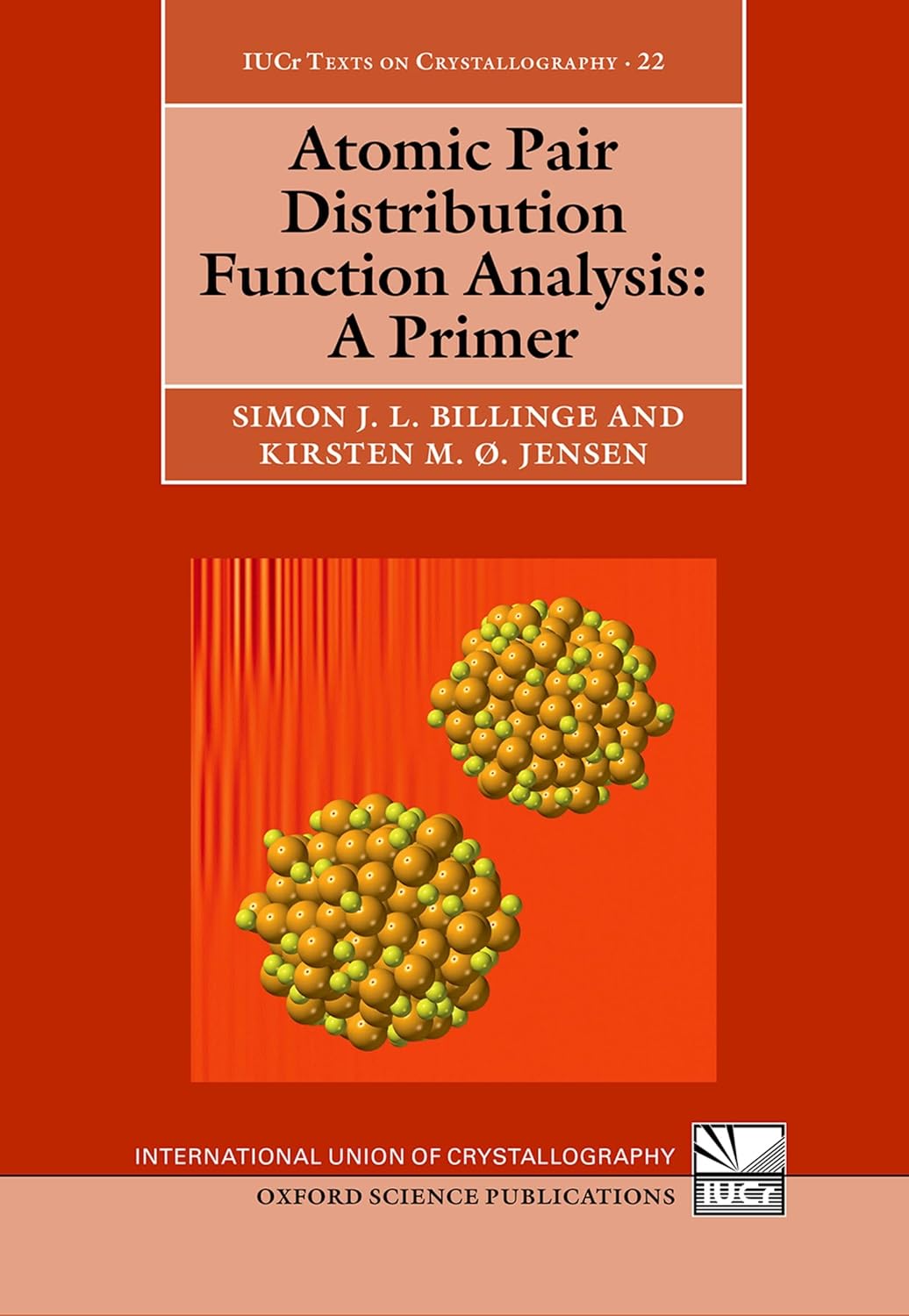Getting started

For detailed instructions and in-depth examples of modeling with diffpy.cmi, we highly recommend the book,
Atomic Pair Distribution Function Analysis: A Primer by Simon J. L. Billinge and Kirsten M. Ø. Jensen (Oxford University Press, 2023).
To purchase this book, please visit this link.
Installation
To install diffpy.cmi, create a new conda environment or activate an existing environment and install the package from the conda-forge channel.
conda create -n diffpy.cmi-env
conda install -c conda-forge diffpy.cmi
conda activate diffpy.cmi-env
To confirm that the installation was successful, type
python -c "import diffpy.cmi; print(diffpy.cmi.__version__)"
The output should print the latest version.
If the above does not work, you can use pip to download and install the latest release from
Python Package Index.
To install using pip into your diffpy.cmi_env environment, type
pip install diffpy.cmi
Pack and Profile Installation
Use the cmi command-line interface to install and manage modular optional dependencies, known as packs, and to configure or execute user-defined workflows that combine multiple packs with optional post-installation steps, known as profiles. To use cmi, you can run the following example commands:
Show available commands and options with,
cmi -h
List installed and available packs and profiles,
cmi pack list
cmi profile list
Show details of a specific pack or profile,
cmi pack show <pack_name>
cmi profile show <profile_name>
Install a pack or profile (by name or path),
cmi install <pack_name>
cmi install <profile_name>
cmi install </absolute/path/to/profile>
List and get installed examples,
cmi example list
cmi example (copy) <example_name>
Data and Examples
Worked examples and experimental data from the book are freely available at our GitHub repository.